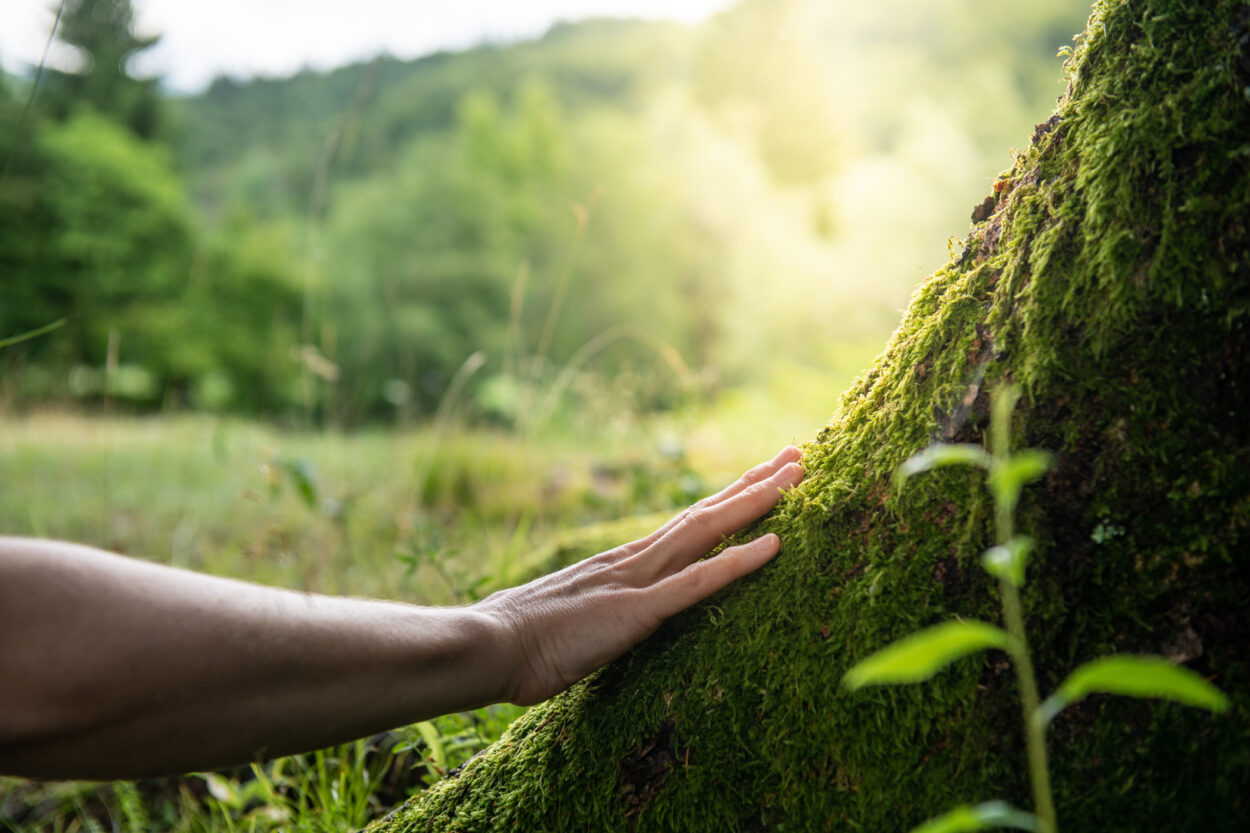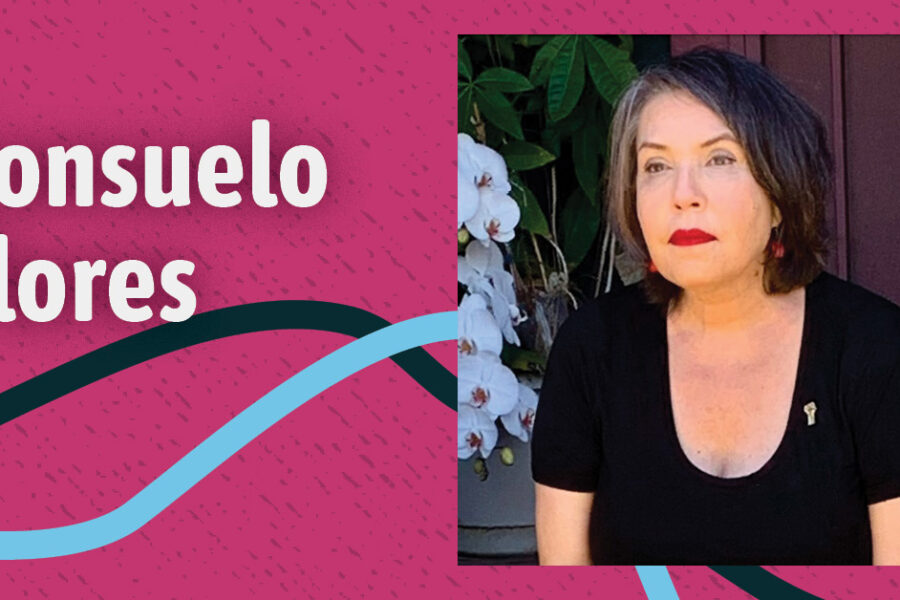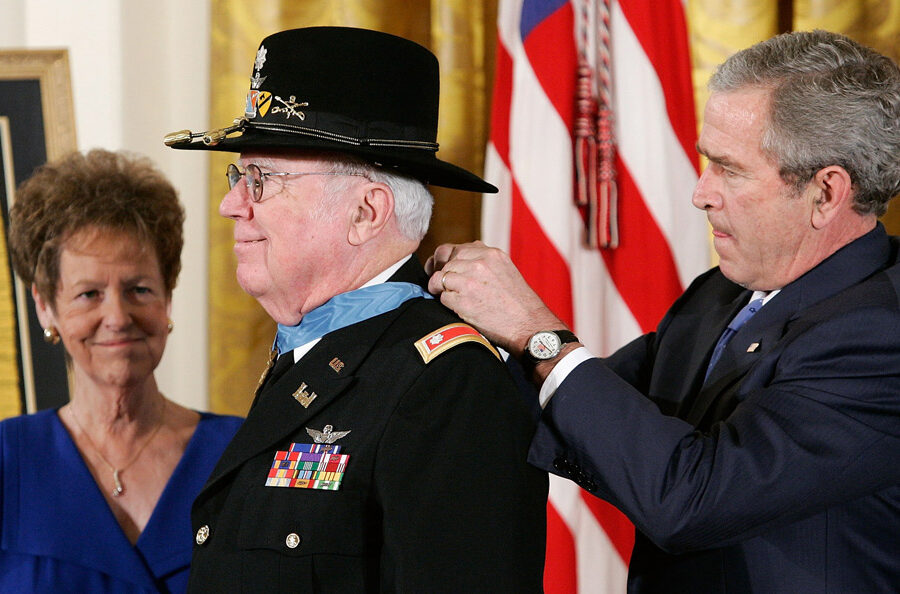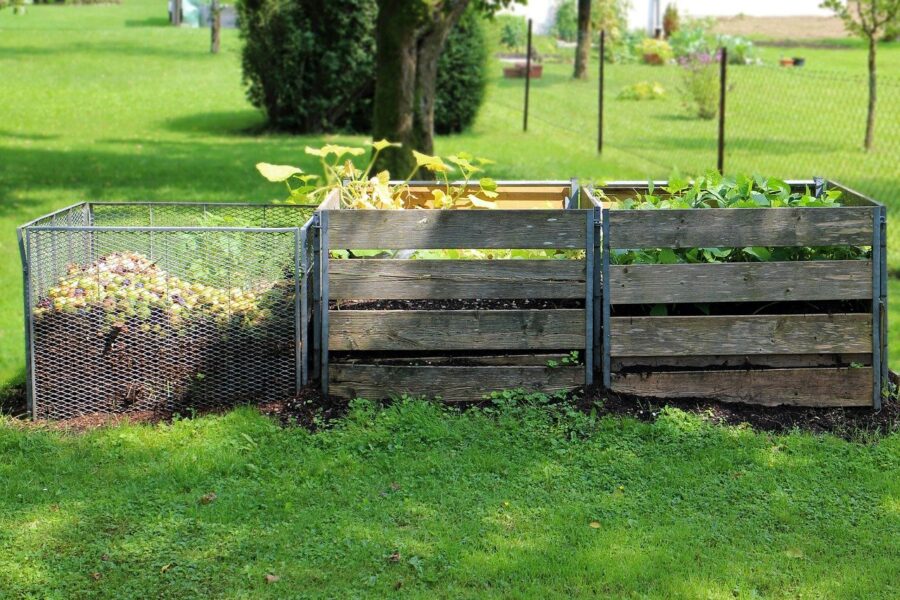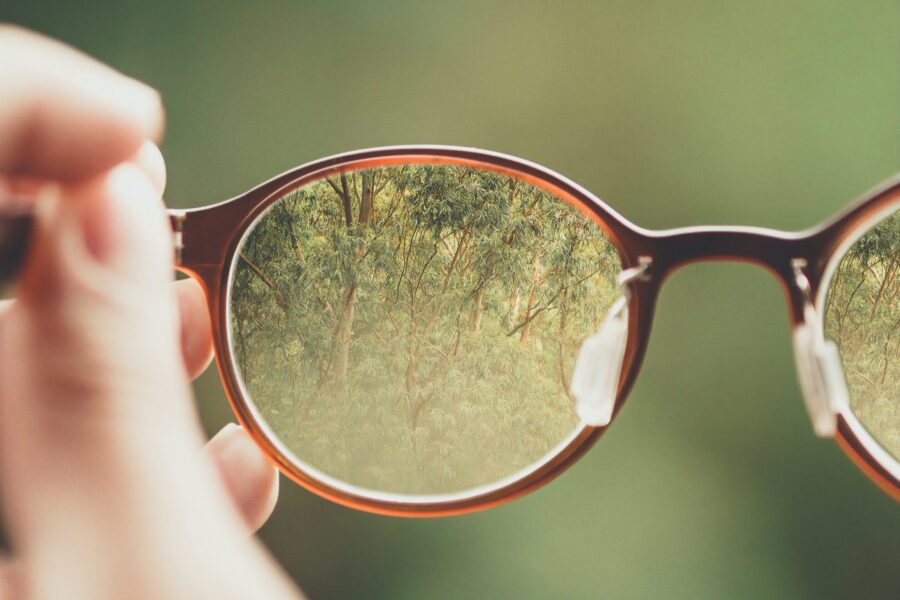Fostering Positive Change in the World
The Conservation Psychology Institute works with cutting-edge research to create positive change in the world. They are working towards motivating pro-environmental behavioral change, fostering a connection to nature, and crafting effective communication strategies.
The Conservation Psychology Institute had the honor of participating in a special panel discussion hosted by Alia Dietsch of the Social Science Working Group of the Society for Conservation Biology and Kayla Cranston of the Conservation Psychology Institute and featuring three authors from the Special Section: Conservation Psychology Research and Practice, the panel engaged practitioners, researchers, and students in an interactive dialogue with scientists in the field of conservation psychology.
Panelists
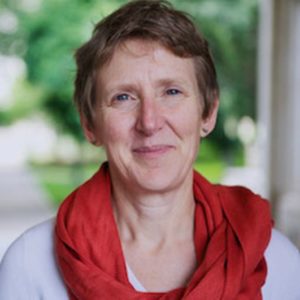
Dr. Susan Clayton
Paper in special section: Introduction: New directions in conservation psychology at a critical time
Research focus: Understanding the ways that people think about, and make personal connections to the natural environment

Dr. Kelly Biedenweg
Paper in special section: Using cognitive mapping to understand conservation planning
Research focus: Applying cognitive mapping to understand values and motivations that influence natural resource management

Dr. Agathe Colléony
Paper in special section: Promoting meaningful and positive nature interactions for visitors to green spaces
Research focus: Researching human-nature experiences for well-being and behavior change for conservation
Additional Resources
Antioch Environmental Studies & Sustainability
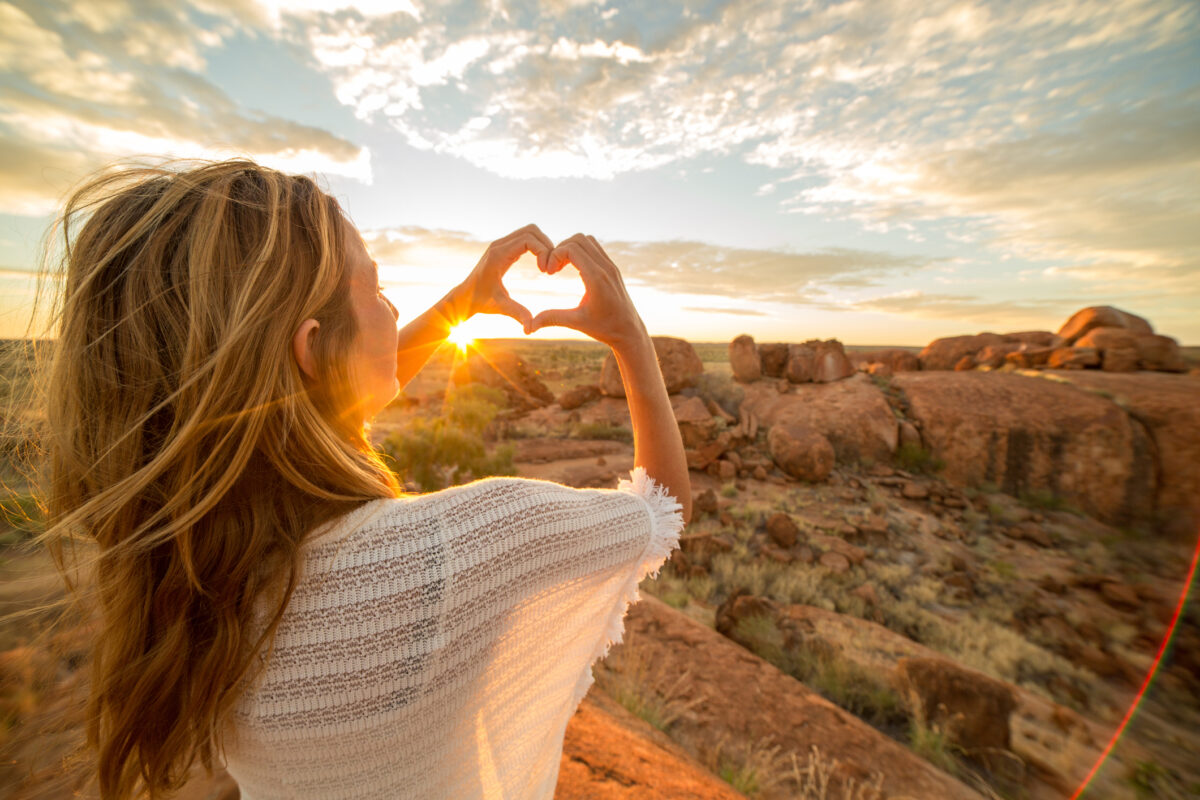
Join us and become a pioneer for a more sustainable and just world.
We are leading the cultural, political, and environmental shift toward a brighter future. Here you can combine your passion with a degree from Antioch University and master the knowledge, strategies, & tools to lead effective environmental change.
Our commitment to promoting social, economic, and environmental justice is not new. We use our rich history to help you strengthen your capacity for collaboration and leadership while developing the disciplinary depth and career skills needed to meet environmental challenges.

A Student-Focused Experience
Small classes, interactive teaching, field study opportunities, and a combined focus on rigor and creativity create a rich, effective learning environment. Our faculty work side-by-side with students in the field and in the classroom, digging soil pits, mapping forest composition, tracking wildlife, and creating self-sustaining miniature biospheres. Internships and capstone projects, as well as many centers & institutes, provide research and service-learning opportunities.
Join our diverse community to work toward preserving biodiversity, guiding communities in planning for climate change, and incorporating sustainability in organizations.

